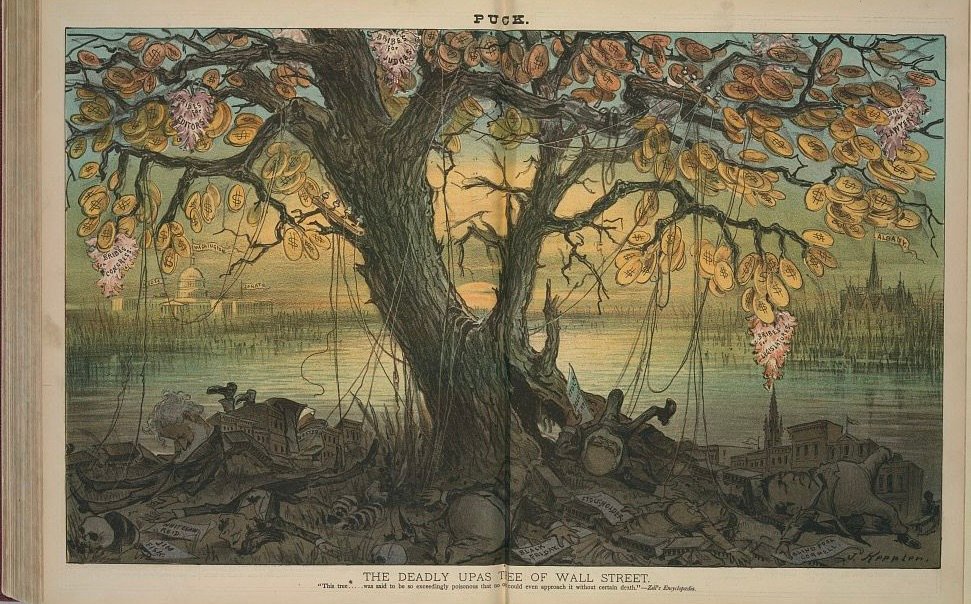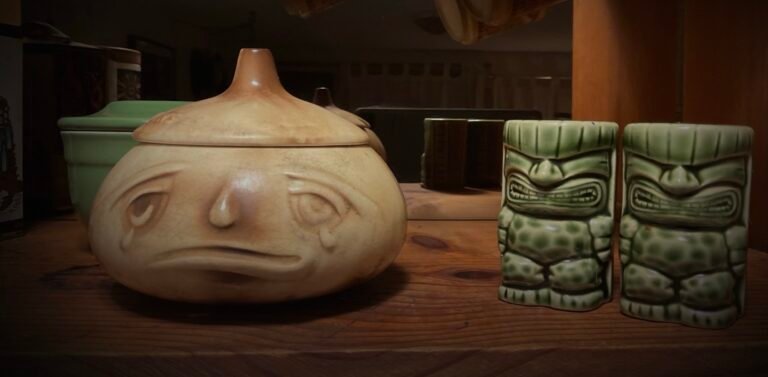The complex issue of colonial knowledge and culture.
In our current social-media fuelled environment everything feels polarised; the medium itself seems to create binary thinking. I have been enjoying reading and writing my series on Dion Fortune’s ‘Applied Magic’ in anticipation of creating the upcoming podcast for ‘The Cauldron’. Yesterday, a respected friend and colleague sent me an email stating that Dion Fortune was a racist, that she would not support my project, and cautioned me against becoming exclusive. This immediately changed how I felt about Dion Fortune, my work, my thinking, and my role as a producer/creator.
So far in my readings of Fortune’s work I have not yet come across any racist or homophobic statements, (I discovered a claim of homophobia against her when I searched for other claims of racism). But, would I notice her bigotry? I wasn’t reading for inclusivity, but archaic notions of colonialism do stand out these days. I am not BIPOC so it is possible that racist/homophobic statements or biases might go undetected.
I have not replied to her email yet, I still have a lot of thinking to do. My primary question is, in good conscience is it ok to explore and use the work of someone who may have made a statement in the past that would be considered racist today? This question produces a lot of other questions. What is a racist? Who gets to decide who a racist is? Do we dismiss all works by anyone who ever held a colonial belief? Is there no room to use the knowledge of past thinkers in a post-colonial context? Is the only option to ‘cancel’? Or, can we find a way to use this knowledge to inform a new way of thinking?
I feel that a black woman is more qualified to identify racism than I am but I don’t feel this absolves me of the responsibility to make up my own mind. It is important for me to listen, and respect the views of others but I cannot abdicate my own perspectives without interrogation.
I can support the idea that if Dion Fortune was an active racist then using her work would be offensive. This evokes Leni Riefenstahl, the filmmaker who directed ‘Triumph of the Will’ for the nazi party. There is no doubt that Riefenstahl was a brilliant director, and one of the few examples of early women directors. But she has never escaped the spectre that she was aware of the practices of the nazis, personally I find it implausible that she wouldn’t know. She has denied all knowledge of genocide, but I can’t see it considering the first camp (Nohra) was built in 1933, a few weeks into Hitler’s instatement as chancellor, Riefenstahl made Triumph of the Will in 1934. Given the vast amount of research and preparation that goes into making even a crappy film (and Triumph of the Will is not a crappy film, it promotes a crappy ideology), she must have known – and that is obviously deplorable.
As far as I understand Fortune’s racism was not active in the sense that she politically campaigned, or acted in any way to limit the social, cultural. political, or economic powers of anyone. As a woman of the Fin de siècle it is entirely possible that she assumed the supremacy of white people as a default. She was born into financial as well as social privilege and she likely never had any reason to question her position or how she benefitted at the expense of others. Her family had an arms factory in Yorkshire where the family fortune was made, as far as I know there was no slavery involved (though I am sure the working conditions were dire).
So what shall I do? One cannot deny that ‘colonialism’ is just a sanitised way of saying ‘racist’, but is any and all knowledge from our ‘colonial’ past ‘fruit of the poisonous tree’? Or, can we use this fruit to seed a more equitable future?
I am for the latter. Unless one is passing on bigotry then I think the ideas, art, and discoveries of those who have held beliefs instilled in them by their zeitgeist can be used out of context to enrich our present and future.
I realize my thinking here is not exhaustive of the subject. We all need to make conscious choices, and the choices we make will likely shift from context to context. The past is murky but if we do not accept it, and take what we can from it, we will not evolve. Perhaps we all need to decide what we find racist. Perhaps there are those that will believe I am racist based on what I have said here, but that will likely change over time and from reader to reader.
Tomorrow I will continue with my ‘Applied Magic’ series and see what happens next.




